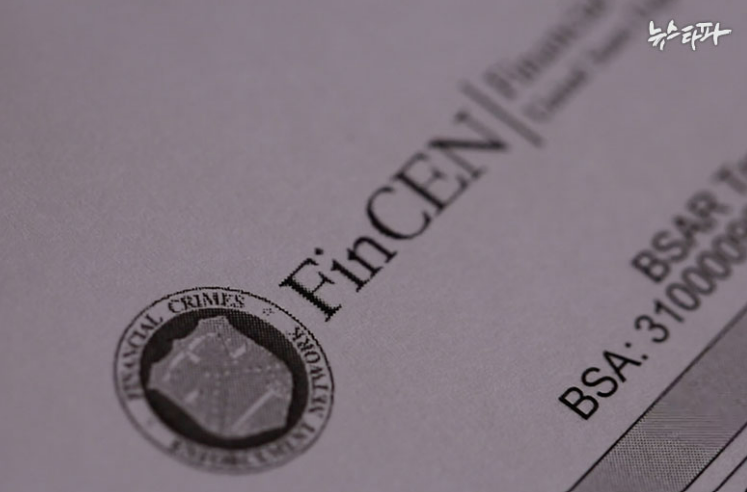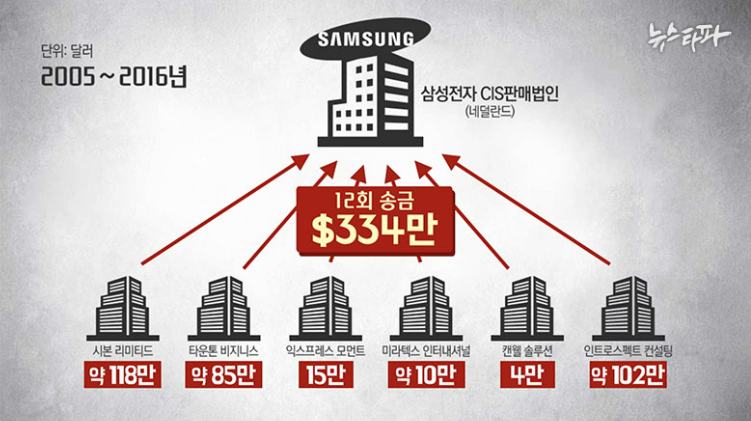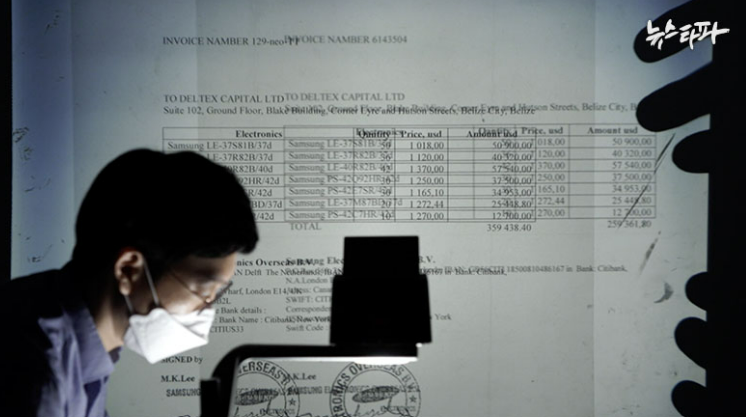


| Reporting | Yongjin Kim, Jiyoon Kim, Myungju Lee |
| Video Reporting | Hyoung-seok Choi |
| Video Editing | Seok-min Yoon |
| CG | Dong-woo Jung |
| Design | Do-hyeon Lee |
KCIJ-Newstapa does not accept any advertisement or commercial sponsorship. Individual citizen's voluntary support sustains Korea’s only independent investigative newsroom. You can join our 'Defenders of the Truth' now.